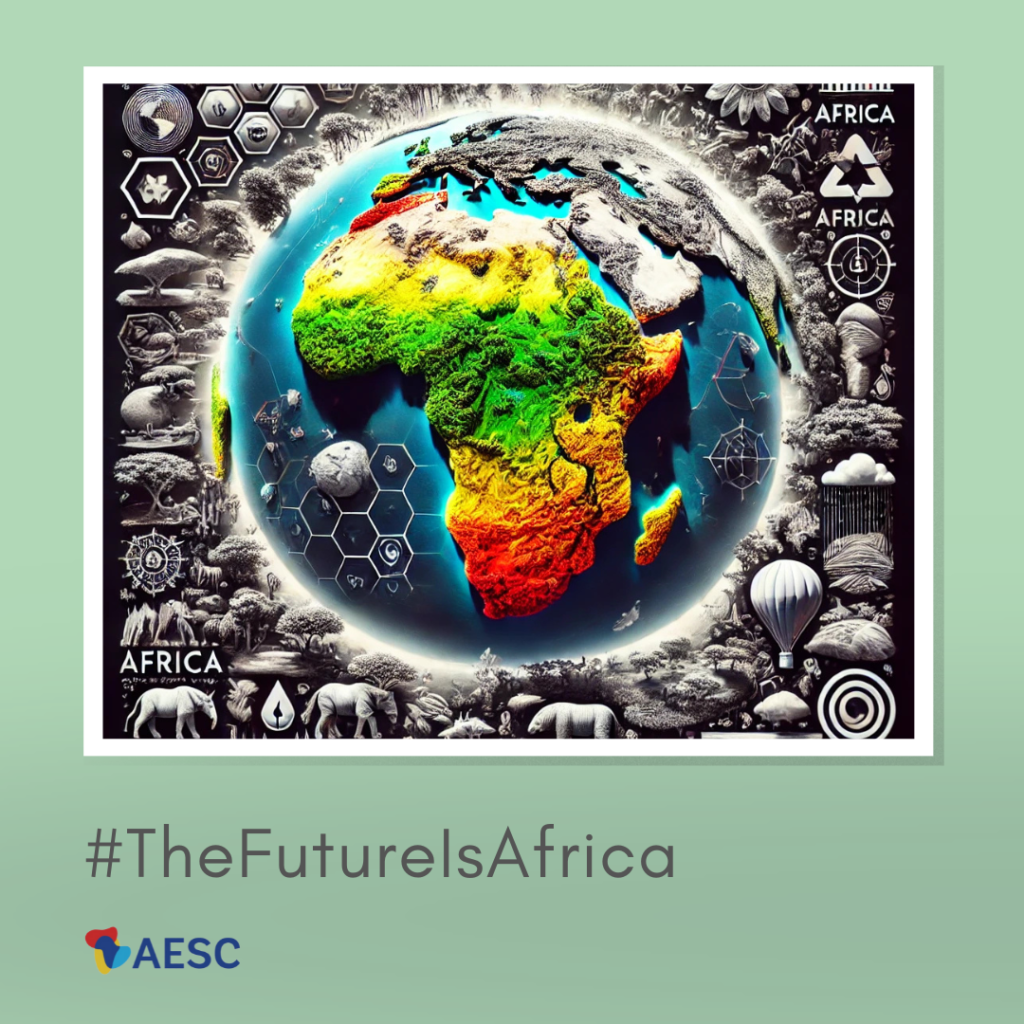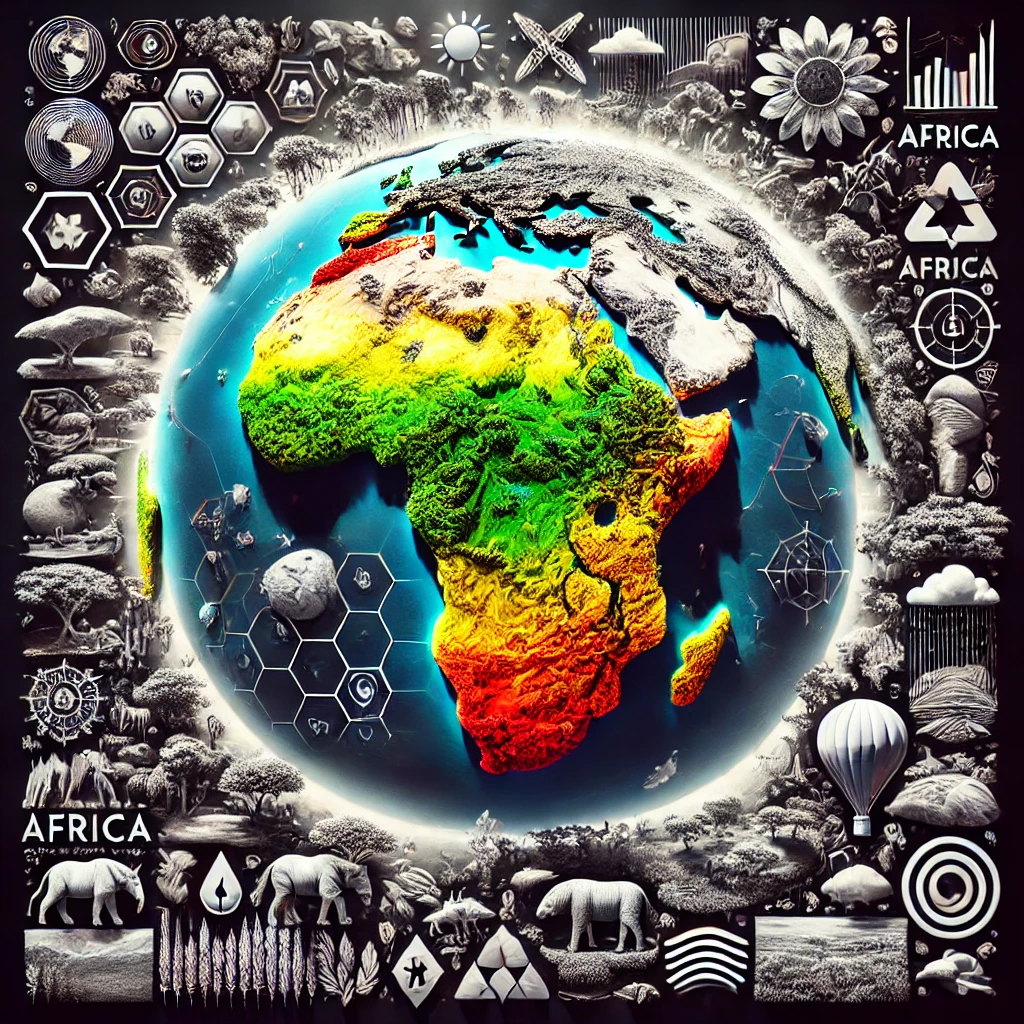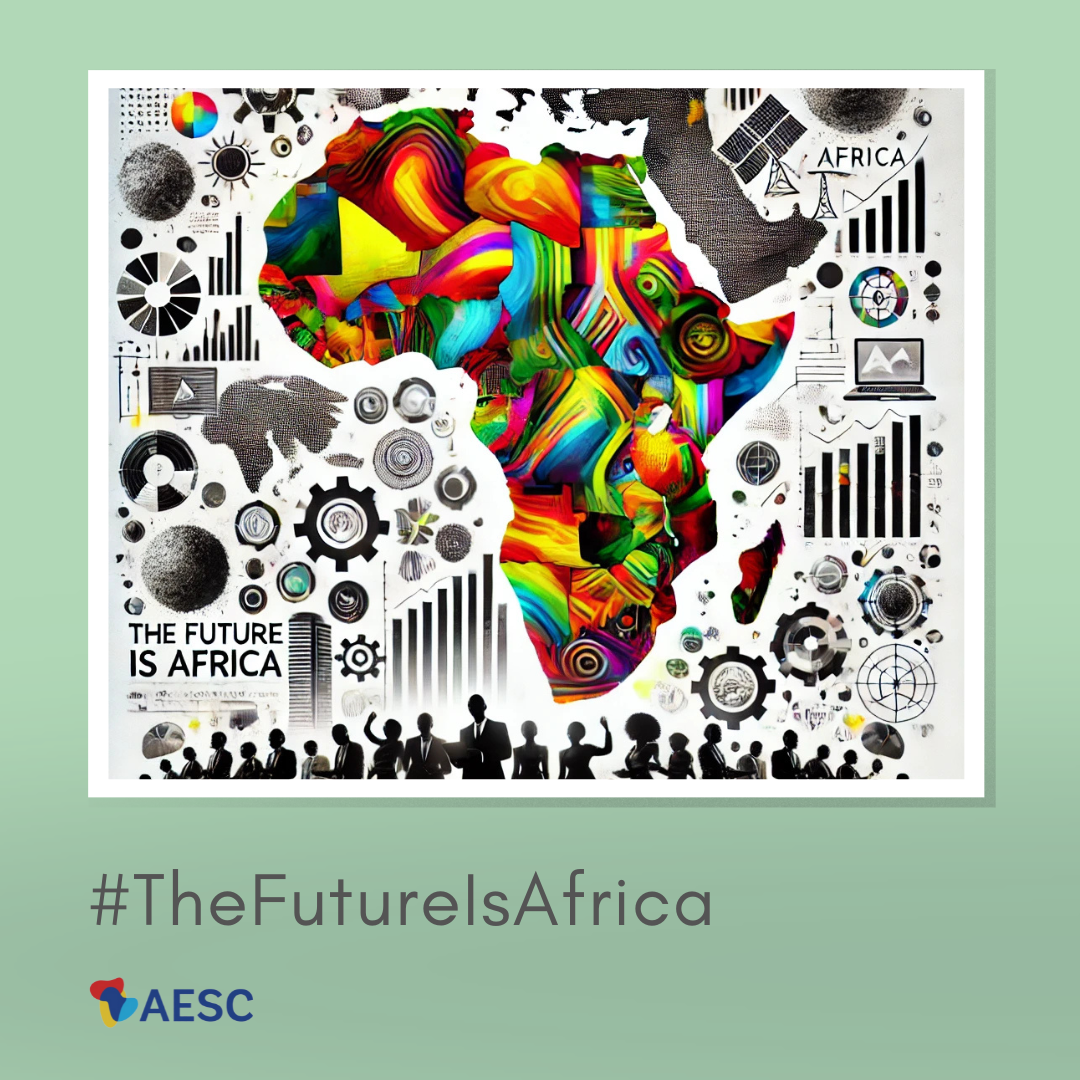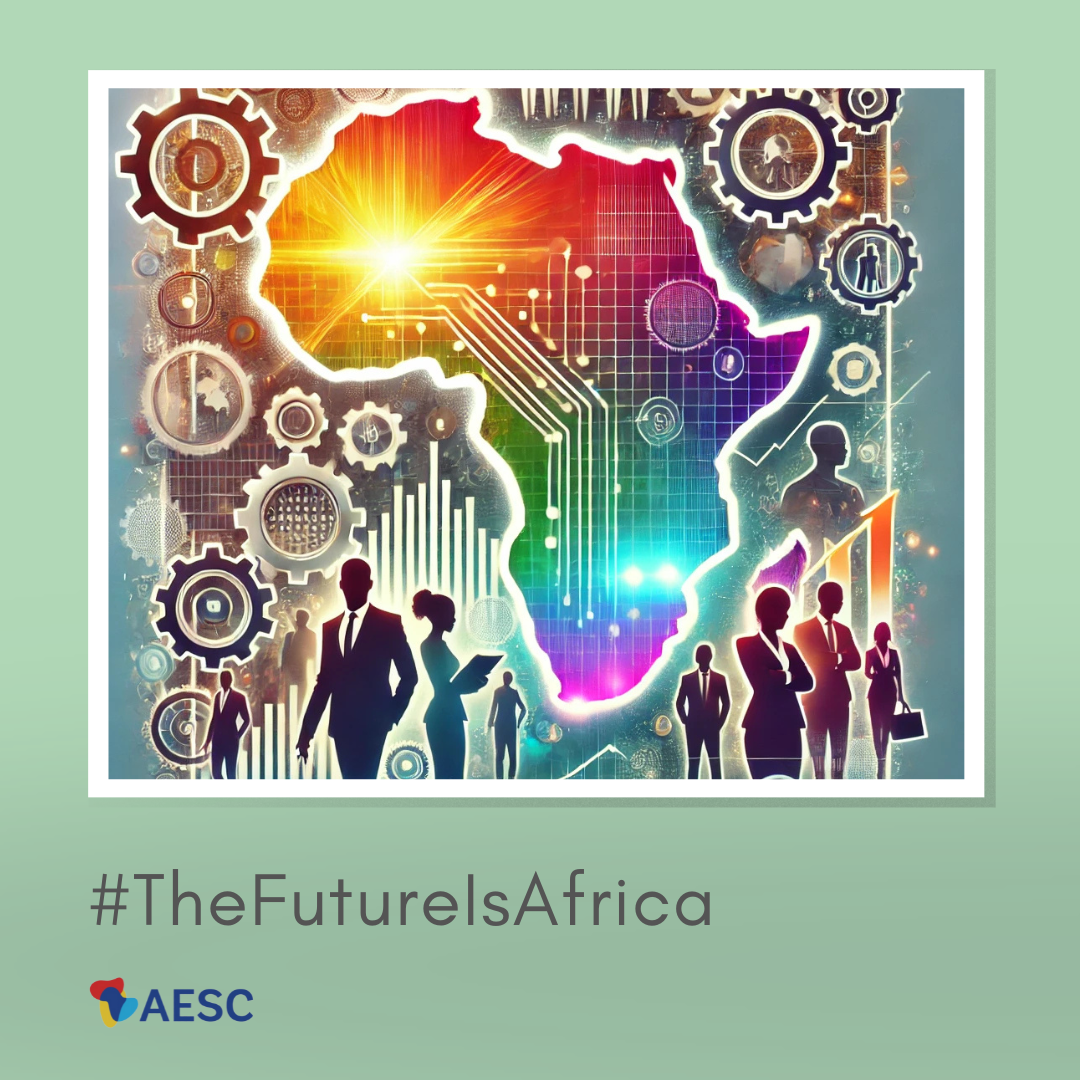
The Geographic and Agricultural Potential of Africa
Africa’s vast geographic and agricultural potential stands as a powerful testament to why the continent is central to the future of global development and sustainability. Africa’s land mass is larger than that of India, China, the United States, and Europe combined, making it one of the most expansive and diverse regions on the planet. When viewed on a real-size map, free from the distortions often seen in traditional projections like the Mercator map, Africa’s true scale becomes apparent, revealing its massive footprint and its ability to host a wide range of ecosystems, resources, and human activities.
This immense size not only provides a strategic advantage in terms of resource abundance but also highlights Africa’s critical role in addressing some of the most pressing global challenges, such as food security, climate resilience, and sustainable economic growth. Africa’s diverse landscapes—ranging from vast arable plains and expansive savannahs to dense rainforests and extensive river systems—offer unmatched agricultural and ecological potential that, when harnessed effectively, can be pivotal in securing the future of global development.
1. Africa’s Vast Land Mass and Strategic Advantages
Africa’s sheer size is often underestimated. Spanning over 30 million square kilometres, it surpasses the combined total of several of the world’s most influential economies and regions. This immense land mass accommodates diverse ecosystems, ranging from fertile plains and vast savannas to tropical rainforests and arid deserts, each holding unique value for agriculture, biodiversity, and renewable energy potential.
The geographic diversity of the continent creates an advantage that few other regions possess. While much of the land in other parts of the world is already intensively farmed or urbanized, Africa remains largely untapped. This provides a significant opportunity for expansion and development in agriculture and other sectors like infrastructure, technology, and renewable energy. Africa’s vast open spaces also position it as a potential global leader in nature-based solutions to climate change, including carbon sequestration and the conservation of critical ecosystems like the Congo Basin rainforest.
2. Agricultural Potential: 60% of the World’s Arable Land
One of Africa’s most significant strategic assets is its agricultural capacity. The continent holds approximately 60% of the world’s remaining arable land, presenting a unique opportunity to become the globe’s breadbasket. In a world where food security is increasingly fragile due to climate change, population growth, and shrinking arable land elsewhere, Africa’s capacity for agricultural production is indispensable.
Africa’s fertile lands span diverse agro-ecological zones suitable for the cultivation of a wide variety of crops, from staples like maize, rice, and wheat to high-value exports such as coffee, cocoa, and cashews. With suitable climates for both temperate and tropical crops, Africa’s agricultural landscape has the flexibility to respond to global market demands and local nutritional needs simultaneously.
However, Africa’s agricultural potential goes beyond merely increasing crop production. Modern, sustainable agricultural practices could transform Africa into a hub for agro-industry, creating jobs, fostering innovation, and promoting economic growth. Investing in infrastructure like irrigation systems, mechanization, and efficient transportation networks would allow the continent to maximize the productivity of its arable land. Such developments could unlock Africa’s full agricultural potential, not only ensuring food security within the continent but also positioning it as a major exporter to global markets.
3. The Global Implications of Africa’s Agricultural Growth
The global implications of Africa’s agricultural promise are profound. As climate change threatens traditional agricultural regions in Asia and the Americas, the world will increasingly look to Africa for food production. A well-developed agricultural sector in Africa can stabilize global food supplies, prevent future food crises, and support international markets. This would also attract significant Foreign Direct Investment (FDI) into the continent, further catalysing economic development.
Additionally, Africa’s agricultural abundance presents opportunities beyond traditional farming. The continent could become a leader in organic and sustainable farming practices, offering high-quality, eco-friendly products that align with the growing global demand for sustainable and ethically sourced goods. Moreover, by leveraging modern technologies such as precision agriculture, digital platforms for market access, and climate-resilient crops, Africa could build an agricultural model that not only meets its own needs but sets new global standards.
4. Integrating Agriculture with Sustainability Goals
Beyond feeding the world, Africa’s vast agricultural lands are essential in addressing global environmental challenges. Sustainable land management practices and nature-based solutions such as agroforestry can mitigate deforestation, restore degraded landscapes, and enhance biodiversity. Such initiatives not only support climate resilience but also align with international sustainability goals like the United Nations’ Sustainable Development Goals (SDGs).
For Africa, this means the opportunity to develop a “green economy” where agriculture is linked with renewable energy sources, such as solar and wind, to power farms and processing facilities sustainably. This integrated approach not only increases productivity but also ensures that Africa’s agricultural expansion does not come at the cost of its environmental heritage.
Conclusion
Africa’s vast size and agricultural potential make it a critical focal point for the future. With 60% of the world’s remaining arable land and an enormous geographic advantage, the continent has the resources to become a global leader in agriculture, food security, and sustainable development. Unlocking this potential, however, requires strategic investments, international partnerships, and sustainable practices that ensure long-term growth and resilience. Africa’s future is not just promising—it is essential for the stability and prosperity of the entire global community.



